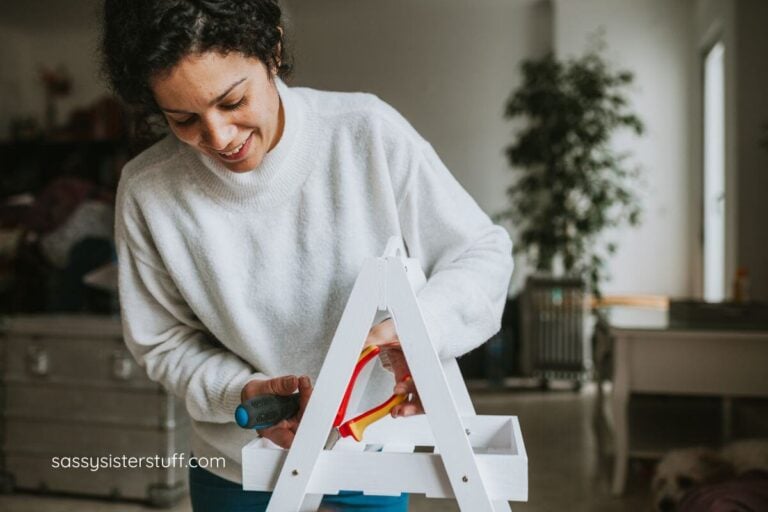Why Society Still Judges Women Who Have Kids Later in Life
You might notice that society still has strong opinions about women having kids later in life. Whether it’s whispers about health risks or judgments about their choices, these attitudes can make the decision more complicated than it needs to be.
The reason this happens is because cultural and medical stereotypes have stuck around, shaping how people see women who choose to have children after 35 or 40. These views affect not just the mothers but everyone around them, influencing how those later-life pregnancies are perceived.
Old stereotypes about women’s roles still linger

You might notice that even today, old ideas about what women should do haven’t disappeared. For a long time, women were expected to focus mainly on home and kids while men worked outside. Those roles shaped how people see women who have kids later in life.
People often assume that if you wait to have children, you’re going against those traditional roles. There’s this expectation that being a mom should come early, and stepping outside that timeline can lead to judgment.
Even though things have changed a lot, you still run into stereotypes that say women shouldn’t prioritize careers or personal goals before having kids. These outdated views can make it harder for you to feel accepted for your choices.
The influence of such stereotypes isn’t just about opinions; it affects confidence and how others treat you. So, when you decide to have kids later, you may face both silent doubts and direct criticism based on these old ideas.
Medical jargon like ‘geriatric mother’ sounds harsh
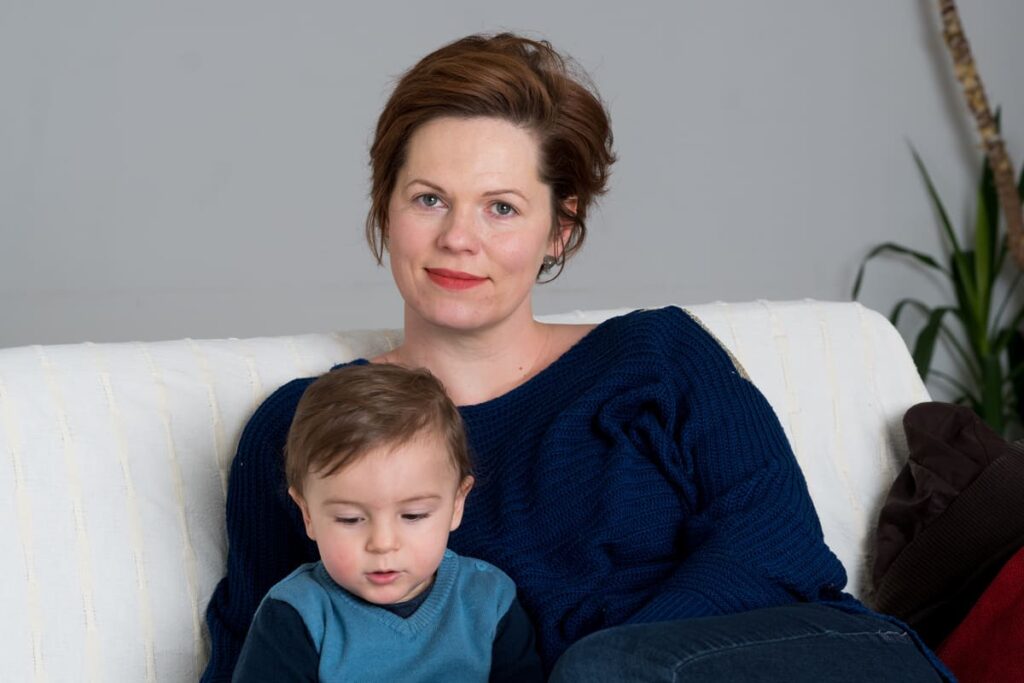
You might have heard terms like “geriatric mother” used in medical settings to describe women who have babies later in life. Honestly, it sounds pretty harsh and outdated when you think about it.
These words can make you feel judged or labeled, like you’re riskier just because of your age. But many doctors now agree that such terms don’t consider how much family planning has shifted over time.
Calling someone a “geriatric mother” ignores the fact that people start families later for lots of good reasons. It’s not a choice that automatically means something is wrong or risky.
You deserve language that respects your situation without making you feel bad. Health professionals and society are slowly moving away from these negative labels, but some of this old terminology is still hanging around.
When you hear phrases like “advanced maternal age” or worse, know that these are just words—and they don’t define your experience or your worth as a parent.
Assumptions that older moms are less energetic

You might hear people assume that having kids later means you’re less energetic or too tired to keep up. Society often pictures younger moms as more active, like they have unlimited energy to chase toddlers or handle sleepless nights.
But being older doesn’t automatically mean you lack energy. Many older moms bring experience and patience that balance out the physical demands of parenting.
Plus, having kids later often means you’re more stable financially and emotionally. That stability can translate into more energy for the important moments, even if your body feels different than it did in your 20s.
Energy levels vary widely no matter your age. Some younger moms might feel exhausted, while older moms manage their energy well and maintain active lifestyles.
So, those assumptions about older moms being less energetic don’t really hold up once you see the bigger picture. You’re more than your age when it comes to parenting energy.
Fear around increased pregnancy risks after 35

If you’re thinking about having kids later, you’ve probably heard the risks talk. It’s true that pregnancy after 35 does come with some higher chances of complications, like high blood pressure, diabetes, and preeclampsia, especially after 40.
There’s also a slightly increased chance of things like premature birth, cesarean delivery, and pregnancy loss. But these risks don’t suddenly skyrocket right at 35—they tend to rise gradually with age.
Still, many people assume pregnancy after 35 is always dangerous or risky, which isn’t the full story. Lots of women have healthy pregnancies at that age. Doctors nowadays also know how to manage many of these risks better than before.
The fear around these risks can make others judge or question your choices. But it’s important to remember that your health and the care you get matter a lot more than any age number.
Pressure to conform to traditional family timelines

When it comes to having kids, society often expects you to follow a certain timeline. Usually, this means getting married and starting a family in your 20s or early 30s. If you don’t, people might start asking questions or making assumptions.
You might feel pressure from family, friends, or even strangers about why you’re waiting. The idea is that there’s a “right” age for parenthood, and stepping outside of that can lead to judgment.
This pressure can make you question your choices, even if you’re perfectly happy with your own timing. It can feel like you’re breaking an unwritten rule about how your life should look.
Some of this comes from long-standing cultural ideas about gender roles and motherhood. Women especially are expected to fit into the caregiver role at a certain stage in life.
Despite more people challenging these timelines today, the pressure to conform is still pretty strong. You’re often measured against outdated norms rather than your own personal goals.
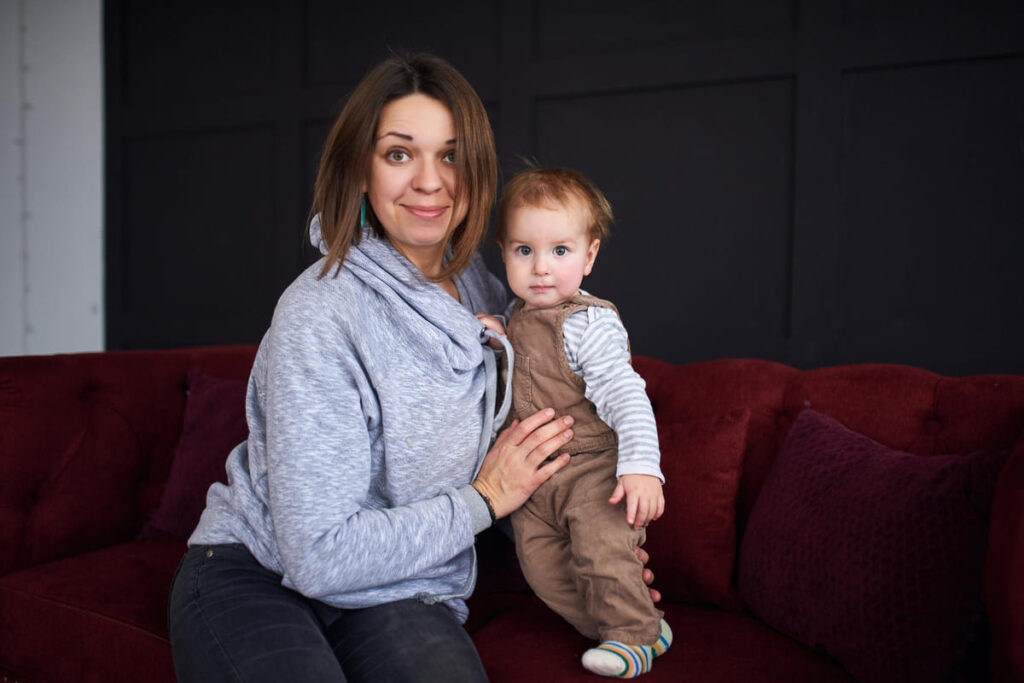
You might notice that people still expect women to have kids young because that’s how it’s been for a long time. Society has held onto old ideas about when women “should” start a family, tied to roles where women were mainly caregivers. These norms don’t fit today’s realities but they stick around anyway.
When you choose to have kids later, some may question your priorities or even your ability to be a good parent. That judgment comes from old beliefs that a woman’s value is linked to how early and often she has children. It’s a narrow way of thinking that ignores the reasons behind your choice.
You’re also up against the idea that women should balance family and career perfectly from a young age. That old script assumes there’s only one right timeline, which isn’t true for everyone. But because these ideas feel familiar or comfortable, they keep showing up in conversations and judgments.
Work-life balance myths targeting older moms

You might think that having kids later in life means you’ve got a better handle on balancing work and family. The truth is, society still expects you to juggle everything perfectly, often without much support. That’s a lot of pressure to carry.
A big myth is that older moms have it easier because they’re more established in their careers. In reality, you could face unique challenges, like managing demanding jobs while dealing with the physical and emotional aspects of later motherhood.
People often overlook how the work-life balance phrase itself is misleading. It suggests there’s a simple way to split your time evenly, but that’s rarely the case. For you, balancing work and family isn’t about perfect harmony; it’s more like constantly adjusting to what’s urgent.
You might also notice less empathy from employers or coworkers who assume older moms don’t need as much flexibility. This bias makes it harder to ask for support, even when you genuinely need it. The myth around work-life balance often leaves you feeling isolated, not understood.
Misunderstanding advances in fertility tech

You might think modern fertility technology guarantees a smooth path to having kids later in life, but that’s not always true. While techniques like IVF and egg donation have improved, they often come with challenges and don’t work the same for everyone.
It’s important to know that success rates drop as you get older. For example, IVF success with your own eggs falls sharply after your early 40s, even if donor eggs offer better chances. So, relying on technology might feel like a sure bet, but it’s not a guarantee.
Also, many of these treatments can be expensive and emotionally draining. You might hear about cutting-edge options that sound promising but are still experimental or not widely accessible.
People outside fertility circles often assume these advances erase all age-related risks. That misunderstanding fuels judgment when women choose to delay motherhood. In reality, fertility tech helps, but it doesn’t completely remove the biological limits or personal struggles involved.
Cultural focus on youth and motherhood
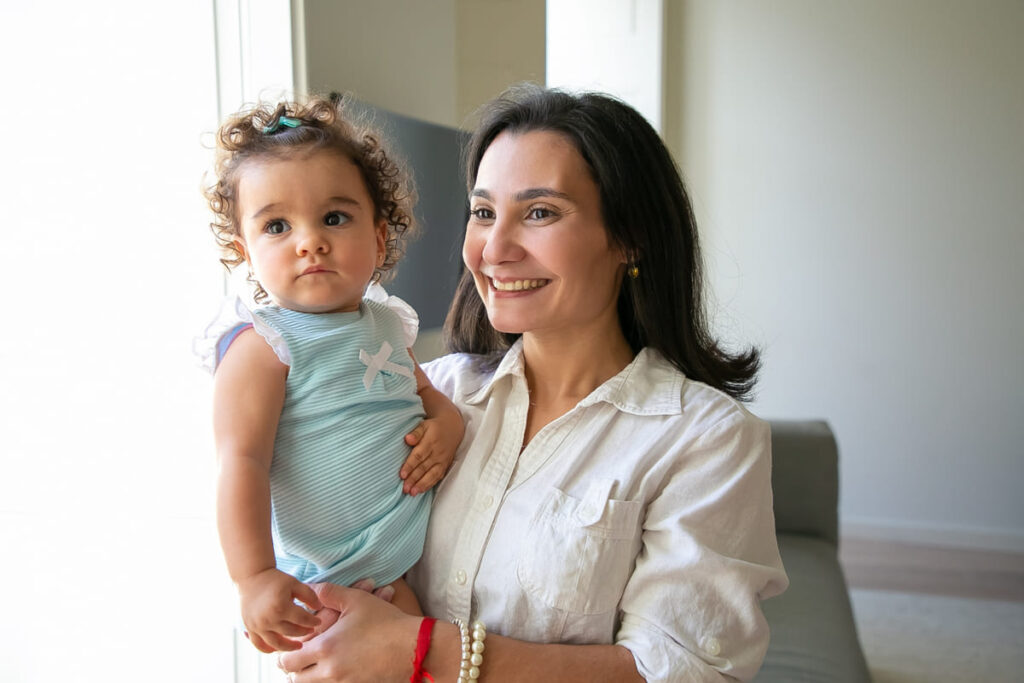
You probably notice how society often links motherhood with being young. This idea is deeply rooted, making it harder for women who choose to have kids later in life to avoid judgment.
Youth is seen as the “ideal” time for having children because of biology and tradition. So when your motherhood timeline doesn’t match that, people might question your choices or your ability to be a good parent.
There’s also this invisible pressure to follow the usual script—marry young, have kids young. If you step outside that, some might see it as risky or selfish, even though that’s not true.
You should keep in mind that cultural stories about motherhood often don’t keep up with how life really works now. More women focus on careers, personal growth, or other goals before starting a family.
Ignoring the benefits of life experience in parenting
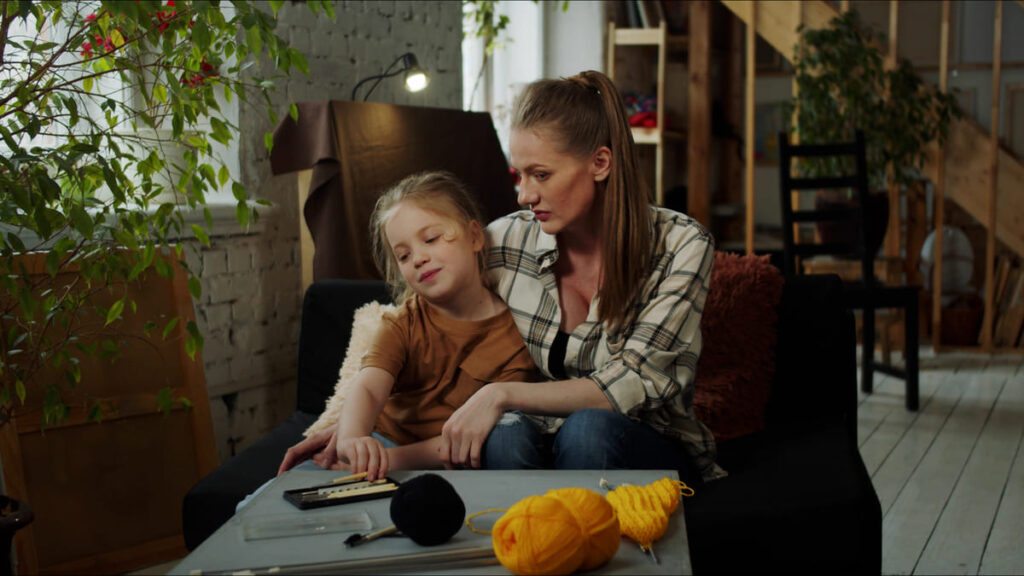
When you have kids later in life, you bring a lot more life experience to the table. You might have developed stronger problem-solving skills, patience, and emotional resilience. These qualities can really help when you’re raising children.
Society often overlooks this. Instead, it focuses on age as if it’s a setback. But waiting until you’re older usually means you’ve had time to build your career, gain confidence, and learn from your own challenges. These advantages can make parenting less stressful and more thoughtful.
You also tend to have more financial stability. This can ease a lot of pressure that younger parents may face. Plus, with experience comes perspective, which can help you make clearer decisions about your child’s needs.
Despite all this, you might still face judgment for delaying parenthood. People can be quick to forget that maturity and experience can be just as important as youth in being a good parent.







